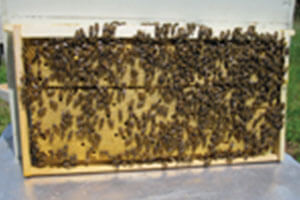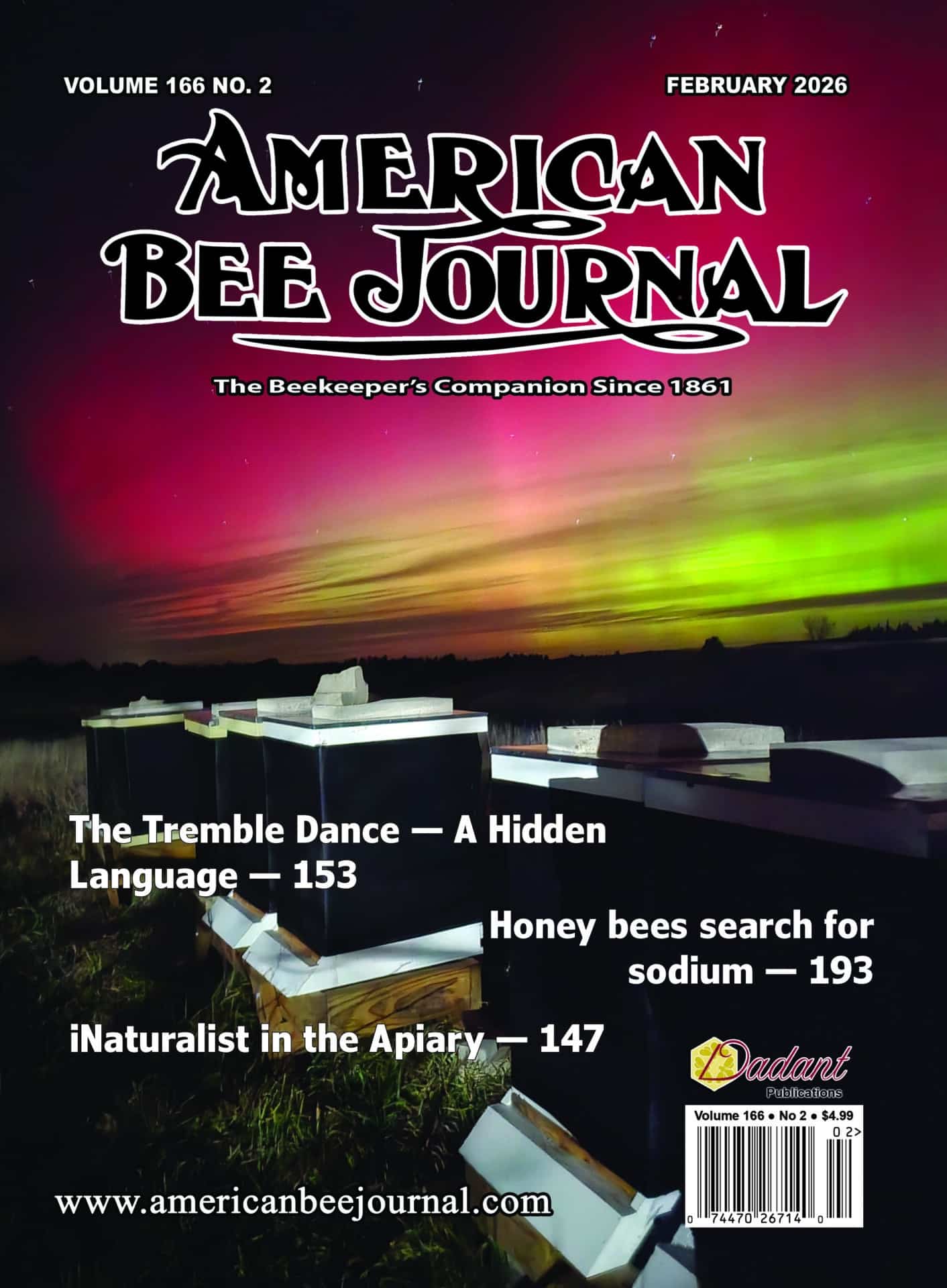
Thanks Again Dr. Tom Rinderer
This is just a note to publicly thank Dr. Rinderer once again for the great work he did with the Russian bees—finding them; evaluating them; importing and distributing them; and finally setting in motion a program to ensure their survival and enhancement in the hands of working beekeepers—just in case the industry as a whole someday recognizes their enormous value. This elegant line of work, doggedly carried out over several years, despite all kinds of criticism and opposition, has provided the beekeeping industry with the resources it needs to move all honey bees in North America away from mite treatments.
Based on my experience, enough time has elapsed since the Russian bees were introduced in 2000 to convert all the honey bees in the U.S. to complete non-treatment, four times. I consider it incredibly irresponsible and beyond the pale that anyone posing as an expert in any biological field would state, publicly or privately, that breeding bees which can co-exist with varroa without beekeeper intervention is “impossible” or “doesn’t exist” or “is never going to happen”, as I have heard many times.
All parasites and their hosts are trying to come into balance, no matter how long it takes. The Russian bees and varroa mites, living together in a specific location, can come into balance in four or five years. And even partway through this process, the mites cease to be a liability, and are transformed into an invaluable asset—clearly indicating the best colonies with very little time or trouble on the part of the beekeeper. Otherwise, this selection work has to be done—in a highly flawed manner—with massive amounts of time (and money), by beekeepers and technicians. I would be the very first person to stand up for any beekeeper’s right to conduct a breeding program any way they see fit—and if, in the long run, someone else’s plan yields better results than mine, I will gladly abandon mine and adopt a new one. But to those of us who converted our apiaries without taking even a single mite count, all this extra work seems horribly inefficient and frankly, ridiculous.
Never a day goes by that I don’t feel enormous pleasure in, and gratitude for an apiary that has been stable, productive and resilient for many years without treatments of any kind, and supplying my only source of income. I’m keeping bees now almost exactly the way I did before the varroa arrived. Winter losses are generally higher than in those days (except for this past very mild, El Nino winter when nearly every colony survived), but those losses are easily replaced, and since 1990 excess bees and a honey crop have been sold from here every year except one. The apiary has made steady economic progress throughout this time as well; paying off debts, erecting buildings, and equipping a small farm with new machinery paid for in cash. Of course, it took a lot of steady work and attention to make this all happen, but without the work of Dr. Rinderer’s team and the bees he brought from eastern Russia, things here would have ground to a halt long ago. This is science helping beekeepers at its very best. No other project conducted during my lifetime has come anywhere close. Thanks again Dr. Tom Rinderer, and I wish you all the best in your retirement.
Kirk Webster
Champlain Valley Bees and Queens
Middlebury, VT
(p.s. Commercial beekeepers who don’t use Russian bees because they are “not like Italians” should know that, with a little patience, they can be selected to be more broody, less inclined to swarm and more needy of beekeeper support, if that’s your ideal. For more information about other commercial beekeepers who operate without mite treatments, you can get a start with the recent posting: “Feral and Managed Colonies” at kirkwebster.com.)
PHOTO CAPTION: From the start, breeding and management had to be used together to wean the apiary off of all treatments. But now this is a typical frame of brood from the breeder pool in mid-summer, with queens that are two, three and, in this case, four years old.
More on Bees and Water
I’d like to reflect on Mr. Chappie McChesney’s letter on “The Importance of Water for Bees”, published in ABJ, April 2016 on page 375-376. The water itself and the way we offer it to our bees are more complex issues and need more consideration than putting out a small dish with some water in it. The bees are not less particular when it comes to water source than foraging for nectar or pollen. That’s why…


